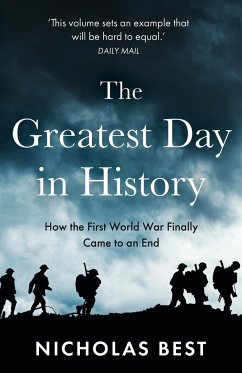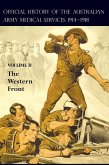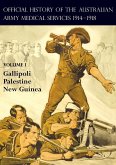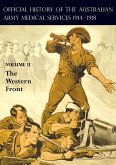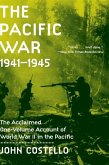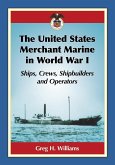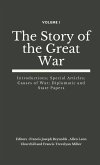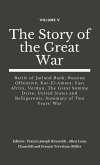Unlike 1945, the First World War did not end neatly with the unconditional surrender of the Germans. After a dramatic week of negotiations, military offensives and the beginning of a Communist revolution, the German Imperial regime collapsed. The Kaiser fled to Holland. The Allies eventually granted an armistice to a new German government, and at 11.00hrs on 11 November, the guns officially ceased fire, but only after 11,000 casualties had been sustained - more than on D-Day! The story of this remarkable day has never been told properly, and yet the roll call of eyewitnesses who left us their impressions includes Adolf Hitler, Charles de Gaulle, Harry S Truman, Anthony Eden, Marie Curie, Maurice Chevalier, Richard Strauss - and future famous generals MacArthur, Patton and Montgomery. From the generals' headquarters to the frontline trenches, from the factories to the farms, Nicholas Best reveals the twists and turns that led to the eleventh hour of the eleventh day of the eleventh month.
Hinweis: Dieser Artikel kann nur an eine deutsche Lieferadresse ausgeliefert werden.
Hinweis: Dieser Artikel kann nur an eine deutsche Lieferadresse ausgeliefert werden.

